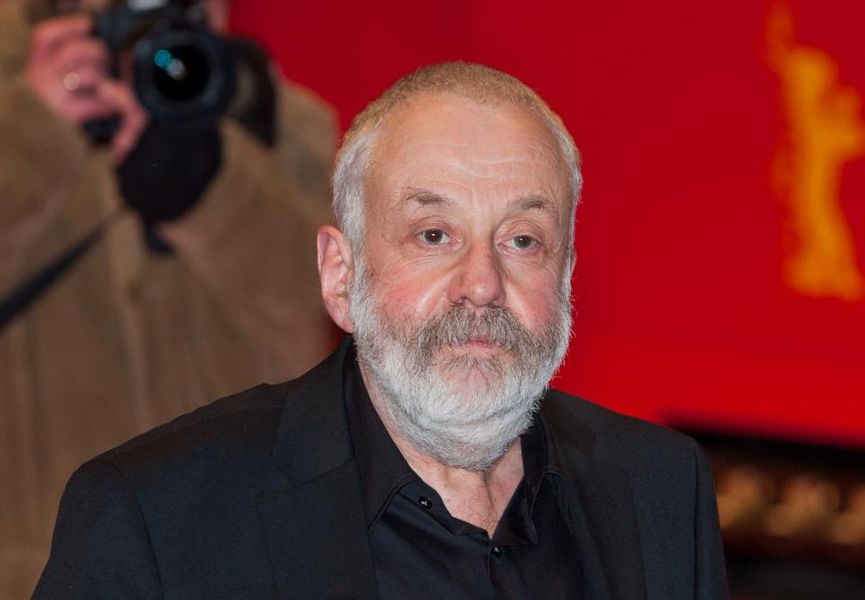English filmmaker and playwright, Mike Leigh is a force to be reckoned with. With numerous awards and accolades that are perhaps not enough to substantiate his creative genius, Leigh is known for films like Naked, Bleak Moments, High Hopes, Secrets & Lies, Vera Drake and more.
The filmmaker, however, revealed his recent disappointment at being rejected by Netflix.
Unbelievably audacious and direct, Leigh has always expressed how filmmaking boils down to “integrity and creative freedom” where nobody else interferes with one’s creative ingenuity and vision.
In an interview with Far Out Magazine, he spoke of how, along with his rag-tag team, he made Bleak Moments “for peanuts”. He refuses to compromise on his creativity for the sake of commercial success. He emphasises the importance of holding on to one’s artistic vision to create a genuine piece of art.
However, he spoke of a severe problem regarding lack of funds. Leigh said that his orthodox vision is a hindrance in receiving funding.
He said, “Netflix just turned me down, which is a shame because they have plenty of money.”
Leigh continued, “They said they couldn’t possibly contemplate backing it without knowing who the cast is or what it’s about. It’s nonsense because if they made it, people would watch it – because it would be there.”
While Leigh did not reveal the project name, we cannot help but agree with him. With recent releases like Red Notice and The Open House, Netflix’s content creation choices are pretty questionable. Running after numbers and commercial success, the streaming service can be seen compromising on the quality of the content available that will have an adverse effect on the future of cinema.
Leigh’s recent release was the 2018 epic drama, Peterloo. He is seemingly happy with how the project played out and reiterated how “Amazon never interfered” with the creative or post-production process.
Martin Scorsese, too, has a love-hate relationship with the streamer. Scorsese did not hold back from scathingly criticising streaming services like Netflix for “devaluing” cinema and reducing it to just content, ignoring style and substance.
The streamer’s affinity to throw away billions for projects that are otherwise more promising in shiny two-minute trailers is a matter that should concern us all since, with the advent of rapid content production on the part of the streaming service, the luminous works of brilliant minds like that of Scorsese and Leigh get pushed aside, having a poor impact on cinema.
